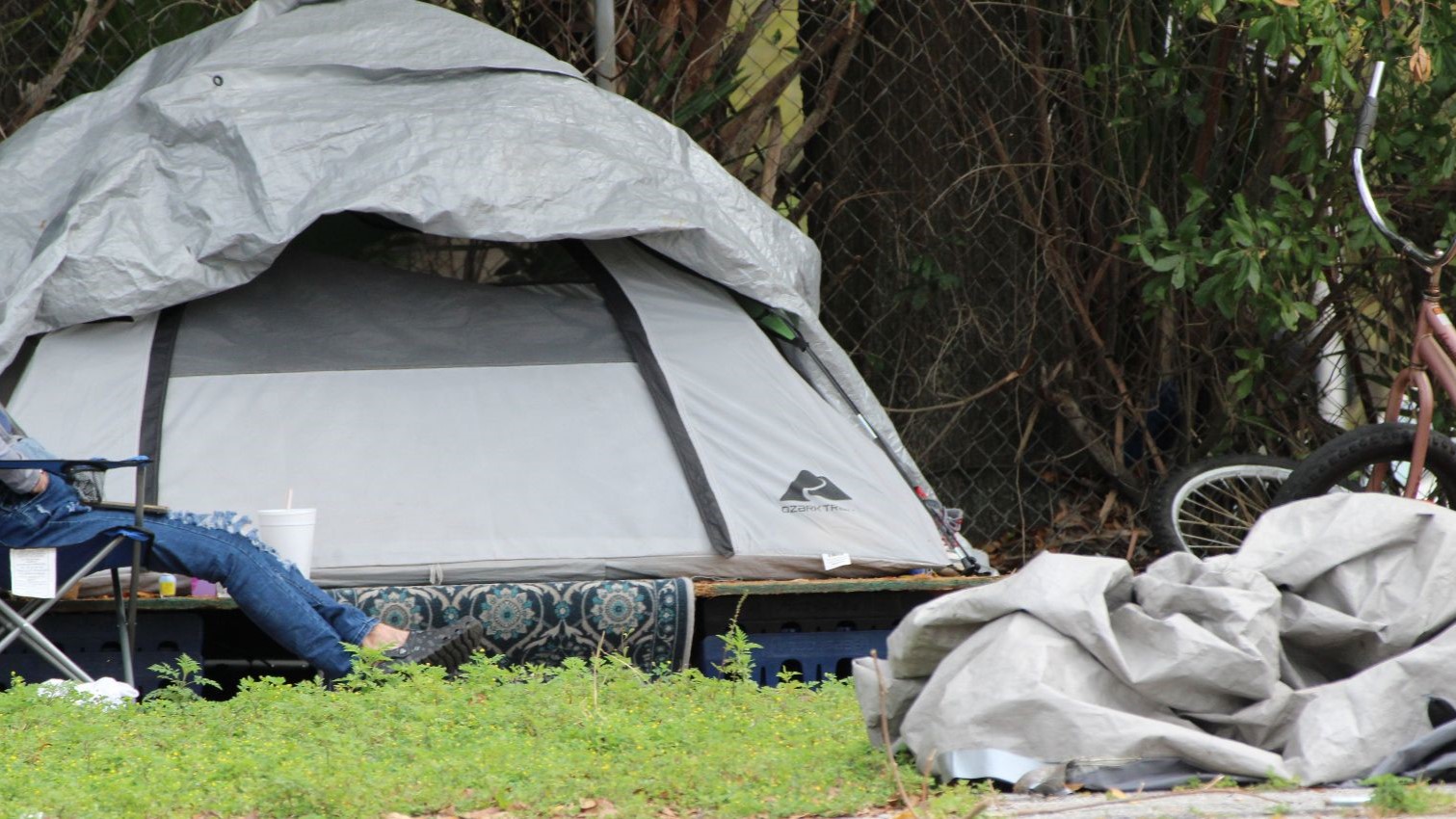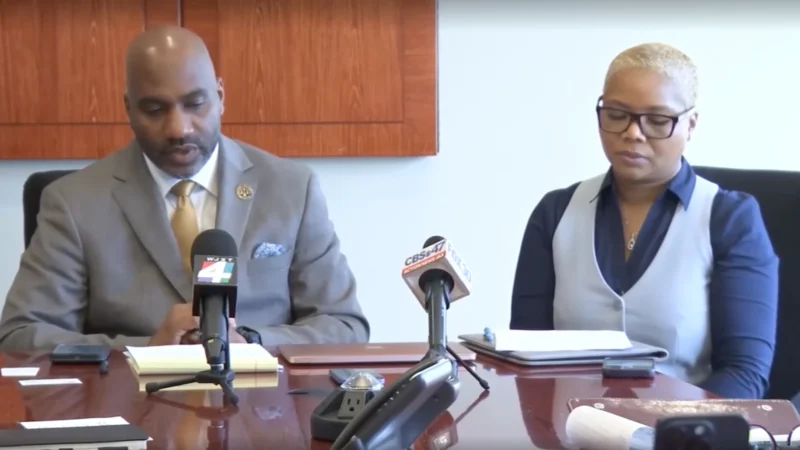New data paints a bleak picture of homelessness on the First Coast.
The number of unsheltered people increased by 43% this year compared with 2023, according to Changing Homelessness, a nonprofit organization that supports efforts to end homelessness in Duval, Clay and Nassau counties.
A total of 567 people were identified in the homeless count in 2024, up from 396 in 2023.
The census was taken during the organization’s federally mandated Point-in-Time count at the end of January. The count is described as a snapshot of the homelessness in the area it serves.
Dawn Gilman, CEO of Changing Homelessness, said the increase is one of the largest her organization has seen in recent years.
“We also do an annual homeless memorial, and that is where we celebrate the lives of anyone in our community who has passed while homeless in the previous year, and we saw close to a 50% increase in those numbers also,” Gilman said.
The majority of the people who made up the increase were single adults in Duval County. More will be known about the demographics of the population once a full report is released in the coming months.
Gilman blames several factors for the increase: the lack of federal money used during the height of the pandemic to keep people in their homes; the rise of housing costs in the area; and the failure of wages to keep pace with the rising cost of housing.
Despite the increase, Gilman said the homeless population is still lower than the highs her organization saw in 2010, when 1,172 people were living unsheltered.
The new numbers from Changing Homelessness were released the same week that the Florida Legislature gave final passage to a bill that would essentially ban thousands of homeless people in the state from setting up camp on public property. The measure has been sent to Gov. Ron Desantis, who has signaled support for it.
The bill would ban local governments from allowing people to sleep in public spaces. Local governments would be able to designate areas for homeless people to camp for up to a year. Those locations would need to have access to running water and restrooms and would need to be free of alcohol and illegal drugs.
The bill would take effect Oct. 1.
Gilman said she has mixed feelings about the bill as it relates to the goals of her organization. She said she feels the measure is a good starting point to get people talking about solutions to homelessness, but the bill doesn’t address the root causes of the issue like loss of income or an unexpected medical bill, she said.
“This is not an inexpensive problem to solve, whether it’s encampments or it’s building permanent housing, but it is a solvable problem,” Gilman said.
Lead image: A person sits near their tent in an empty lot near Ashley and Clay streets in Downtown Jacksonville on Friday, March 8, 2024. l Casmira Harrison, Jacksonville Today.







